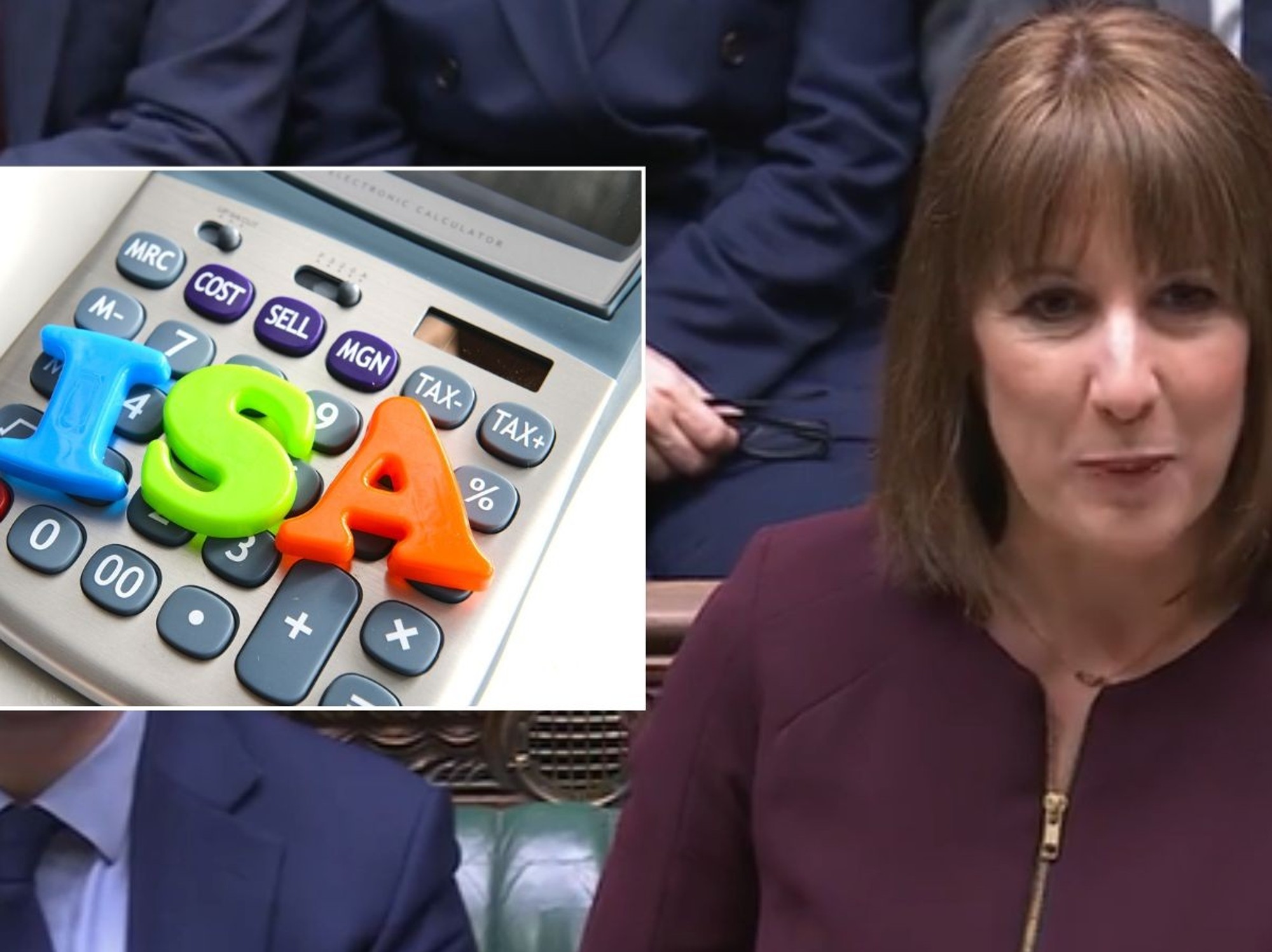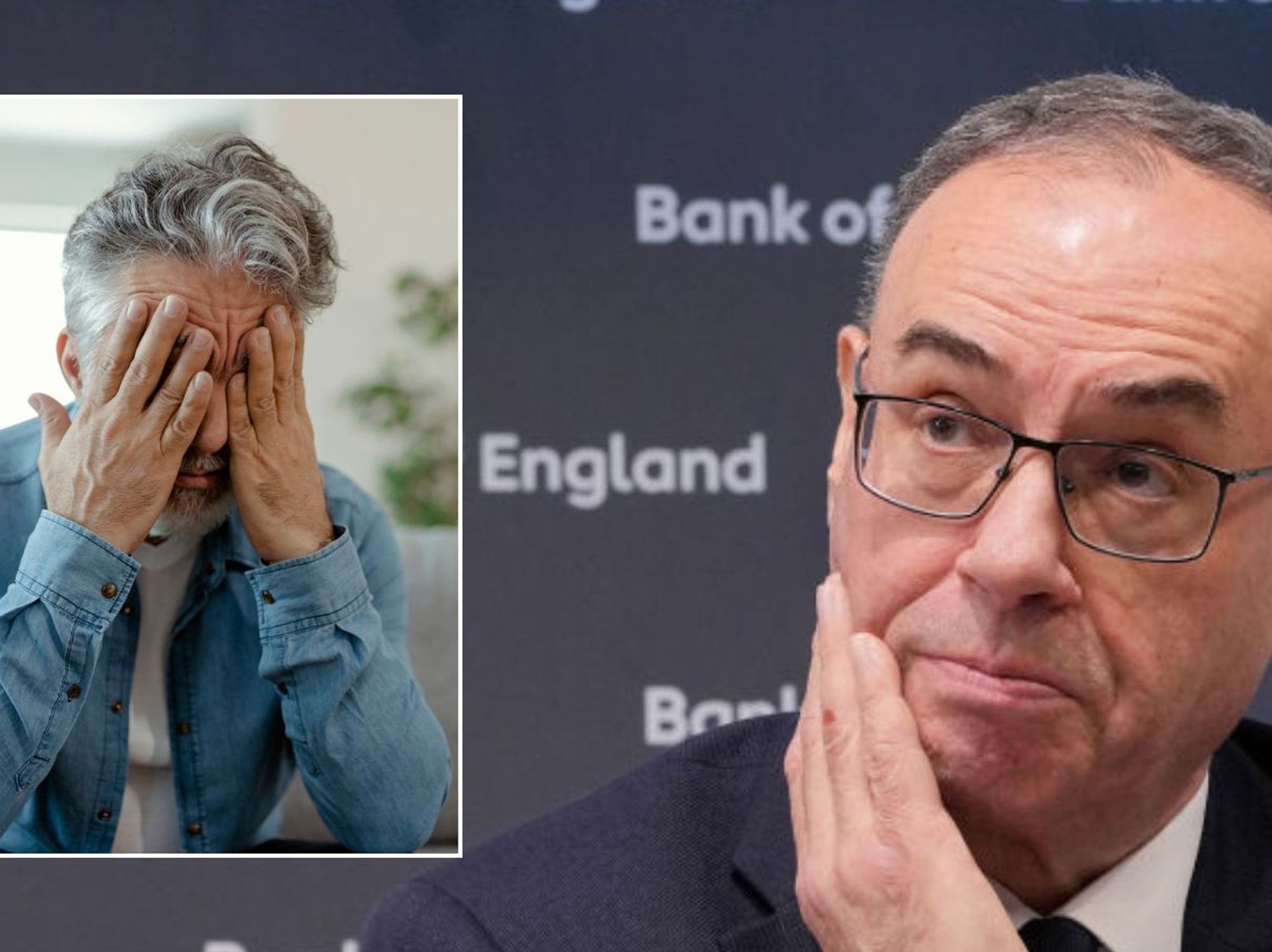Labour to overhaul pension system with Britons in line for £11,000 retirement savings boost
Labour is making drastic changes to the country's pension system
The bill aims to raise the amount available for pension savers
Don't Miss
Most Read
Trending on GB News
The UK's pension system is set to be overhauled under the new Labour Government in radical changes unveiled in today's King Speech.
King Charles confirmed Prime Minister Keir Starmer will "strengthen pension investment" under the Pension Schemes Bill.
Under this legislation, 15 million Britons who save in private pension schemes will be awarded greater returns from their pots.
The bill aims to raise the amount available for pension savers and it is claimed it will assist the average earner in boosting their retirement savings by £11,000.
This would be applicable if the earner in question was savings over their lifetime in a defined contribution scheme.
Based on the King's Speech, the Pension Schemes Bill incentivises greater consolidation within the private pensions market to the benefit of savers.
Do you have a money story you’d like to share? Get in touch by emailing money@gbnews.uk.

King Charles' King Speech outlined that Labour plans to reform private pensions
PA
What is included in the Pensions Scheme Bill?
There are a variety of measures impacting peoples' pensions which are included in the proposed legislation.
These include:
- Preventing individuals from losing track of their pots through the consolidation of defined contribution deferred small pension pots
- Making sure all members are saving into pension schemes delivering value via the Value for Money framework
- Introducing a requirement for all pension schemes to offer products so Britons have a pension and not just a savings pot
- Consolidating the defined benefit market through commercial superfunds
- Reaffirming the Pensions Ombudsman (TPO) as a competent court
- Changing the Special Rules for End of Life (Pension Protection Fund and Financial Assistance Scheme (FAS)).
As part of these plans, someone's deferred small pots will automatically be brought together in one place to maximise income in retirement.
Furthermore, the Financial Conduct Authority (FCA) will instructed to ensure there is a standardised test all DC schemes will have to meet to prove their value.
More options will become available to pension savers under these plan which hope to encourage greater long-term investment.
Finally, the consolidation of the DB market through commercial Superfunds is expected to provide greater protection for those using these schemes.
David Lane, the chief executive of TPT Retirement Solutions, said: “The inclusion of a new Pensions Bill in the King’s Speech is encouraging for those who want reform to improve retirement outcomes for members.
"This Bill will allow the Government to quickly implement the major changes required once it has completed its Pensions Review. Hopefully, the launch of this review will happen soon.
LATEST DEVELOPMENTS:

Workers with a private pension pot are set to benefit from the changes
GETTY"Encouraging more productive investment in the UK may be welcomed by trustees who will be open to increasing allocations. However, the Government must not force trustees to invest at the expense of their fiduciary duty. Investment performance should remain the priority for pension schemes.
“We would urge the Government to also implement much-needed pension reforms that don’t require new primary legislation. The most important of these is reducing the age for automatic enrolment to 18 and abolishing the lower earnings limit for contributions. These changes could significantly increase the retirement savings of thousands of workers.”
Becky O’Connor, Director of Public Affairs at PensionBee, added: “Millions of people are currently not saving enough for retirement, so it’s extremely encouraging to see pensions at the top of the new government’s agenda. Any incentives that look to increase the amount savers in the UK put aside for retirement are welcome.
"The automatic consolidation of small pots is a crucial measure that should help workers keep track of their old pensions and reduce the fees they pay, positively impacting their retirement outcomes. PensionBee research estimates 4.8 million pots are already lost in the UK, with smaller pots (less than £10,000) more likely to be misplaced than larger ones.
"Value for money is another important component of better retirement outcomes. It’s good to see the emphasis being placed on financial outcomes for savers - not just potential benefits to UK plc.
"Entering retirement is often a financially stressful and demanding time. We hope the requirement for pension providers to offer retirement products will help people feel more confident managing their money at retirement age.”








